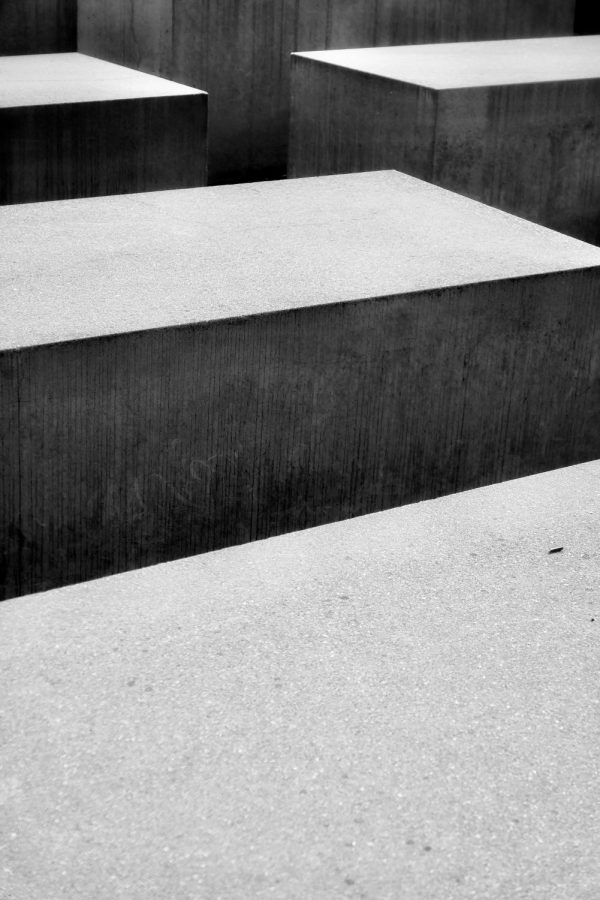Echoes of the Holocaust
It is the nature of tragedy to start with a bang, segway to much shouting and depart with a whisper. This being due to the fact that a timeline of such tumultuous events in human life is to at first cause rightful alarm, before being eventually moved on from in the face of a newer, more prevalent crisis. But sometimes, if the world is unlucky enough to find itself victim to such an atrocity, an event will unfold whose scarring is so deep and so grotesque, that the lingering pain of it will forever live in volume. This can be heard in the whispers of small groups of Holocaust survivors, and in the bellowing a history whose documantion pleas for it’s relevance to remain studied. These are the echoes of the Holocaust, told by those who endured it.
Born in Romania in Semptember 30, 1928, Elie Wiesel would see the horrors of genocide firsthand in the post painful perspetive possible. That being the viewpoint of a young man whose entire family, with the exception of two older sisters, were sent to concentration camps and killed, as well as being imprisoned himself in Buchenwald. Upon the liberation of the camp, Wiesel turned the inexplicable, unthinkable suffering he had been branded with and would become of the most notable Holocaust survior authors, whose books told of the misery experienced by those in the concentration camps. Although Wiesel passed in 2016, the wisdom and the truth to his words still echo.
Of course not every echo takes the form of a person. Sometimes the loudest communicators of past tragedy are the buildings and setting in which they took place. It is the quaint streets of Krakow, Poland, whose observable beauty will still never be enough to overlook the thousands of Jews once taken from there and sent to their deaths. It is Auschwitz-Birkenau, which is still up as a historical site in which visitors can walk in and feel the weight of whom was lost on its grounds. And sometimes, the most effective measurement of what happened is not what is there, but what isn’t. All the books never written, the families never reunited, the discoveries never brought to life, and the children who never got to truly live as a result of the lives and endless lost in the Holocaust.
Holocaust Rememberence Week aims to ensure that this chapter in humanity’s history is never disregarded, forgotten or rebranded. To do so would be the highest disservice to not just those who were lost, or even those who endured it but still live, but an affront to all of mankind and its obligation to prevent such despair. “To forget a Holocaust is to kill twice,” Wiesel once wrote, for he knew that the echoes left in its wake must never dissipate.


